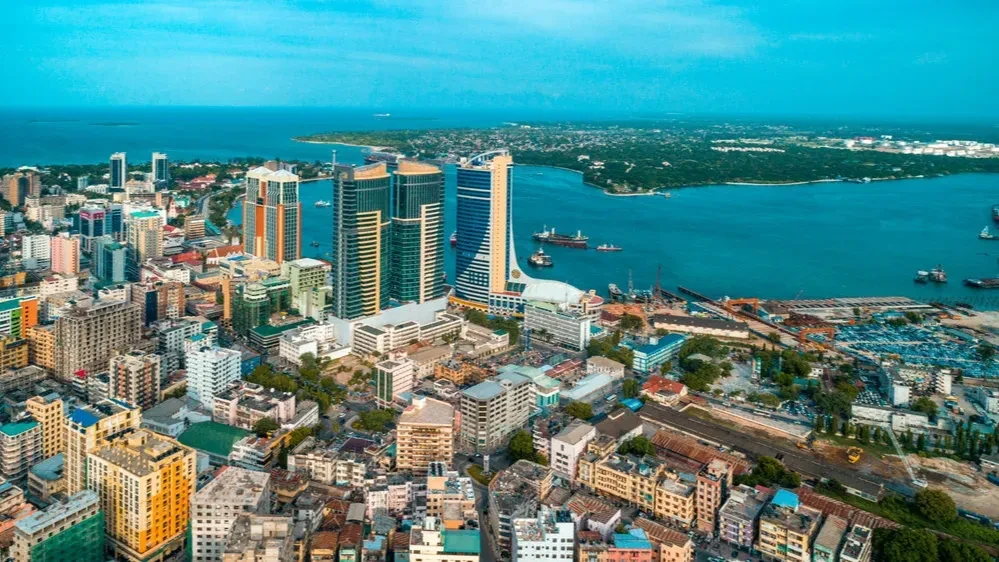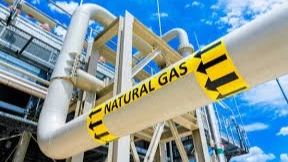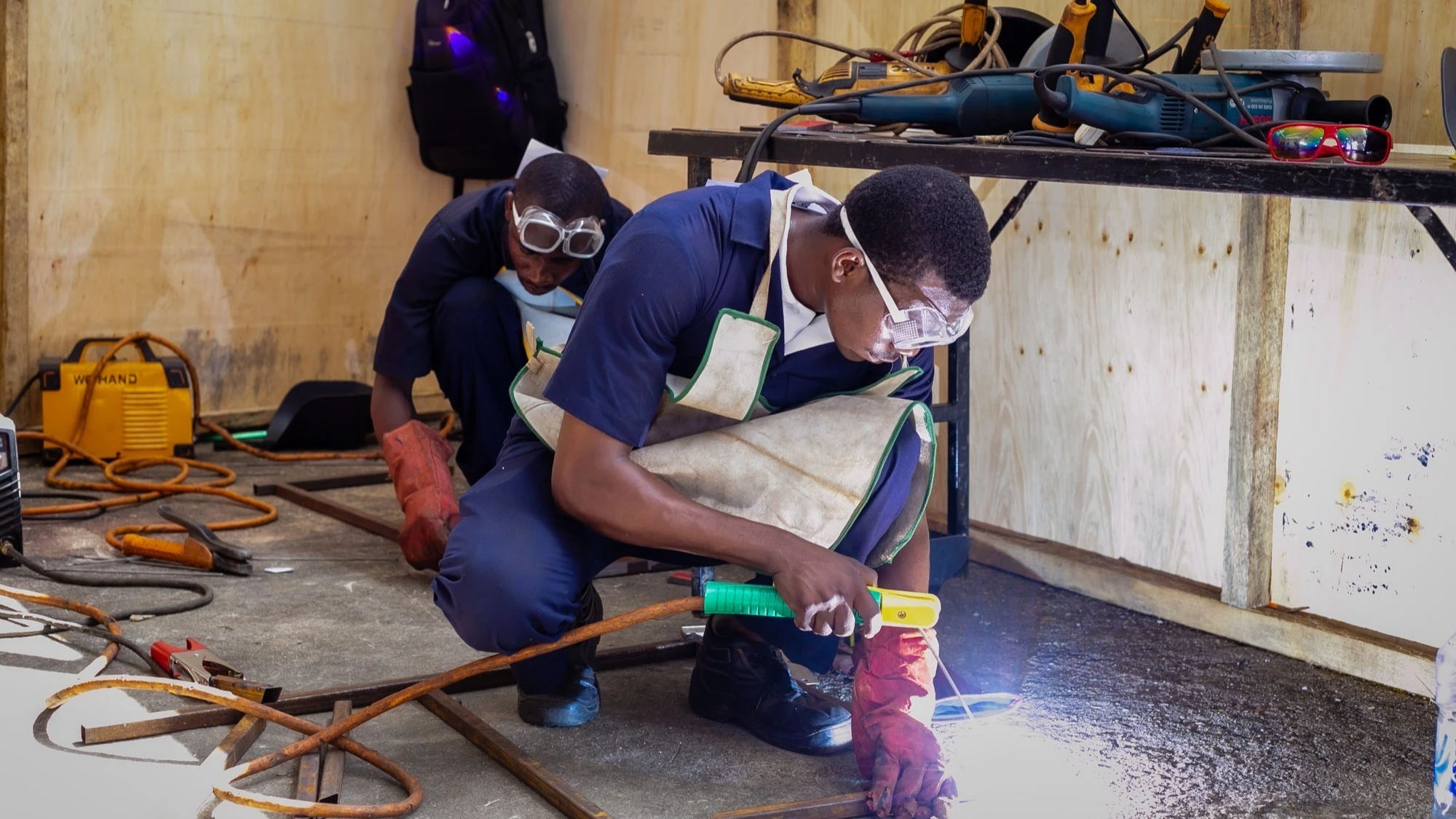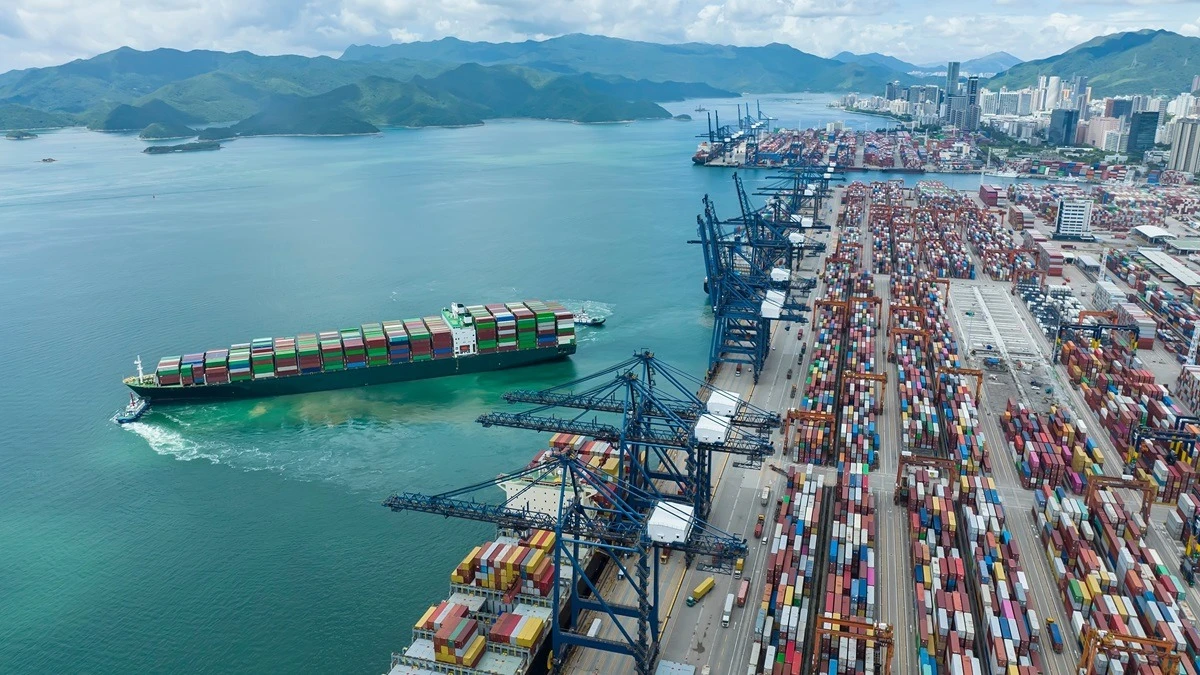VPO didn’t add incentives to get waste disposal investments
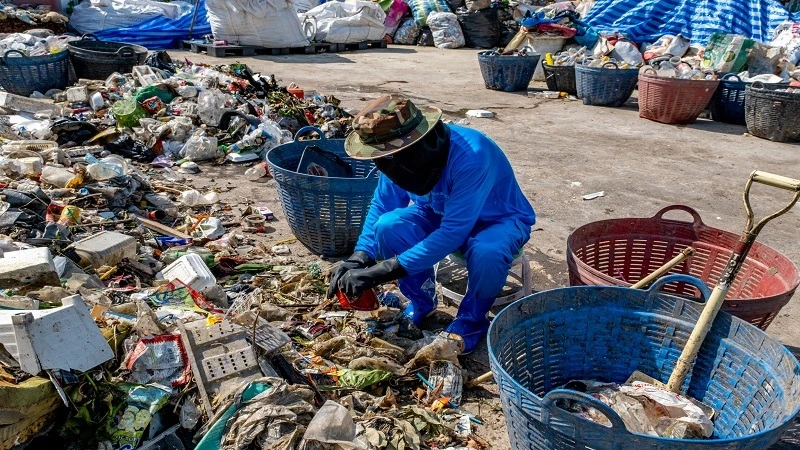
THE statistic that just 50 percent of seven million tonnes of waste generated annually is collected and disposed of in designated dumping sites was surprising as in urban areas most waste is collected, the problem being delays in doing so. There are also problems of the right areas to dump such wastes as often they are soon too near habited areas and lead to serious problems of pollution in those areas. That there is still 50 per cent of waste that isn’t collected was a bit surprising; it wasn’t explained what the problem might be.
The government sees the need to issue an appeal to investors, asking entrepreneurs to approach the relevant authorities to work on adding capacity, as part of the concept of reducing, reusing and recycling specific portions of bulk waste. An Environment deputy state minister was raising the matter at the international Waste Collection Day events in Dar es Salaam at the end of the week, coordinated by the National Environment Management Council (NEMC). Local authorities were asked to intensify efforts to involve the private sector in waste collection and recycling, which is already being done.
In other words there was confusion about the issue as the nearly half of waste generated remains in the environment only a situation where it isn’t causing a direct inconvenience to residents, as elected local government officials would face problems with residents. The bit about occasioning pollution that poses risks to health may have been exaggerated as no piles of waste can stay for a week without being collected, and specialized firms have unmistakable trucks for the work. That is why the cities and urban areas generally are calm, while a number of factories already recycle soft drink bottles, by and large.
The Environment overseer all the same praised the private sector for its investments in waste management, recycling and processing services, in which case it was a matter of finding out what more needs to be done, and why perhaps it isn’t being done at the moment. Saying that local authorities cannot alone handle waste management and need to involve the private sector adds to the confusion, as they hire private forms to take up waste, which means perhaps NEMC now wants to loosen strings of talking to councils and instead obtain the wherewithal in relation to collecting wastes, which is impractical.
The reason is that it would first require that waste disposal is made an investment opening in a direct manner where those who invest are registered and assigned by the council, working as an environment management authority. If that was the case, investors would show up to discuss how they can be provided with a conducive environment to collect and recycle the waste. But so far the cue is that they should talk to authorities at the local level where everything is calm but not exactly as efficient, which isn’t what the deputy minister was talking about, If the government needs help, it could just say so.
Top Headlines
© 2025 IPPMEDIA.COM. ALL RIGHTS RESERVED








